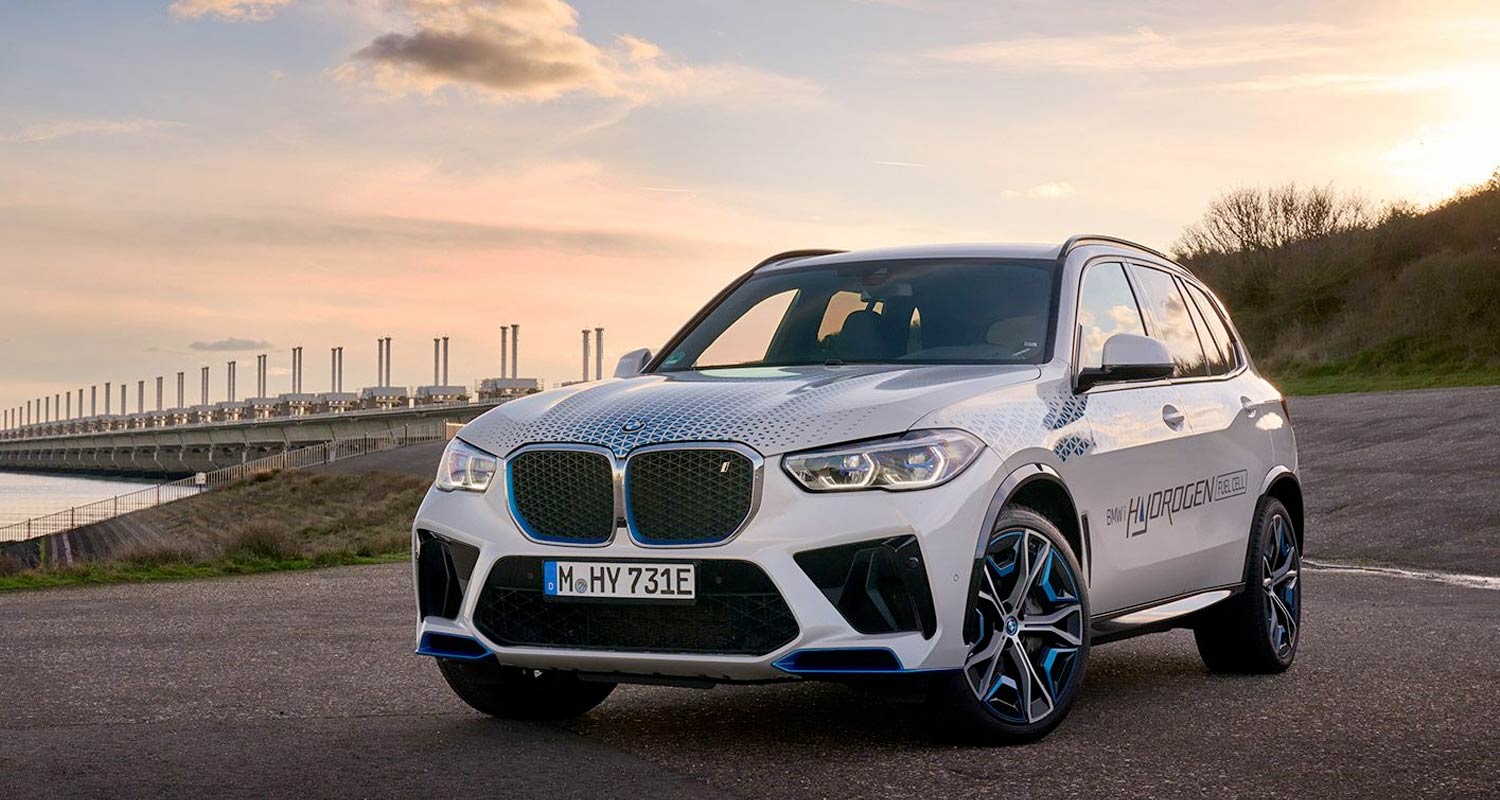 BMW, working with Anglo Platinum and Sasol, has launched a fleet of hydrogen-fuelled vehicles for testing in South Africa.
BMW, working with Anglo Platinum and Sasol, has launched a fleet of hydrogen-fuelled vehicles for testing in South Africa.
The launch follows the signing of an agreement between the three parties at the Green Hydrogen Summit in October. The German car maker’s hydrogen concept is based on its popular X5 SUV, called the iX5 Hydrogen, and is not yet available for sale.
“The pilot fleet of the BMW iX5 Hydrogen is not intended for sale. Depending on the market requirements and general conditions, we envisage potentially offering our customers a production vehicle in the second half of this decade,” BMW South Africa said in a statement. “The small series is an important step on the way to making this offer available to customers.”
The public road vehicle trial was announced on the sidelines of the Hydrogen Council’s regional meeting, which was held for the first time in Africa, in Sandton, on 12-13 February. In terms of the collaboration, BMW, Anglo Platinum and Sasol each provide a part of the fleet solution.
Like other BMW models such as the X1e, X3e and X5e, the iX5 Hydrogen is electric powered. Instead of the lithium-ion batteries traditionally used in electric vehicles, however, the fuel cell technology used to store energy in the iX5 Hydrogen’s batteries uses hydrogen gas. Hydrogen fuel cells allow for quick charging, and BMW claims that the iX5 Hydrogen can charge to full capacity in just four minutes, giving a range of 504km.
“The only things that come out of this reaction are electrical energy, heat and water, which emerges as water vapour. A hydrogen vehicle is therefore locally emission-free,” said BMW.
Mirai
BMW’s foray into hydrogen-fuelled technology follows Toyota’s launch of the Mirai in 2020. According to the BMW website, the fuel cells used in the iX5 Hydrogen are sourced from Toyota.
TCS | Pretoria firm Hydrox Holdings in global hydrogen ‘breakthrough’
“Hydrogen is the missing piece of the puzzle for emission-free mobility, because one single technology will not be sufficient to make climate-neutral mobility possible throughout the world,” said Oliver Zipse, board chairman of BMW in Germany. — (c) 2024 NewsCentral Media

